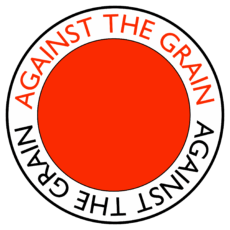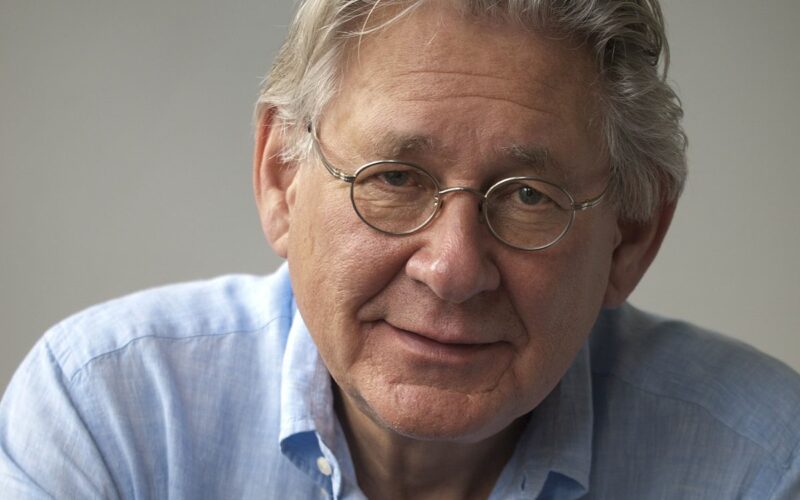Leo Panitch, the great Marxist political economist, was one of the many losses we have suffered from the coronavirus. His frequent collaborator and lifelong friend Sam Gindin reflects on the enormous contributions that Leo Panitch made to a radical understanding of the state and capitalism on a global scale, as well as the limits of … Continued












